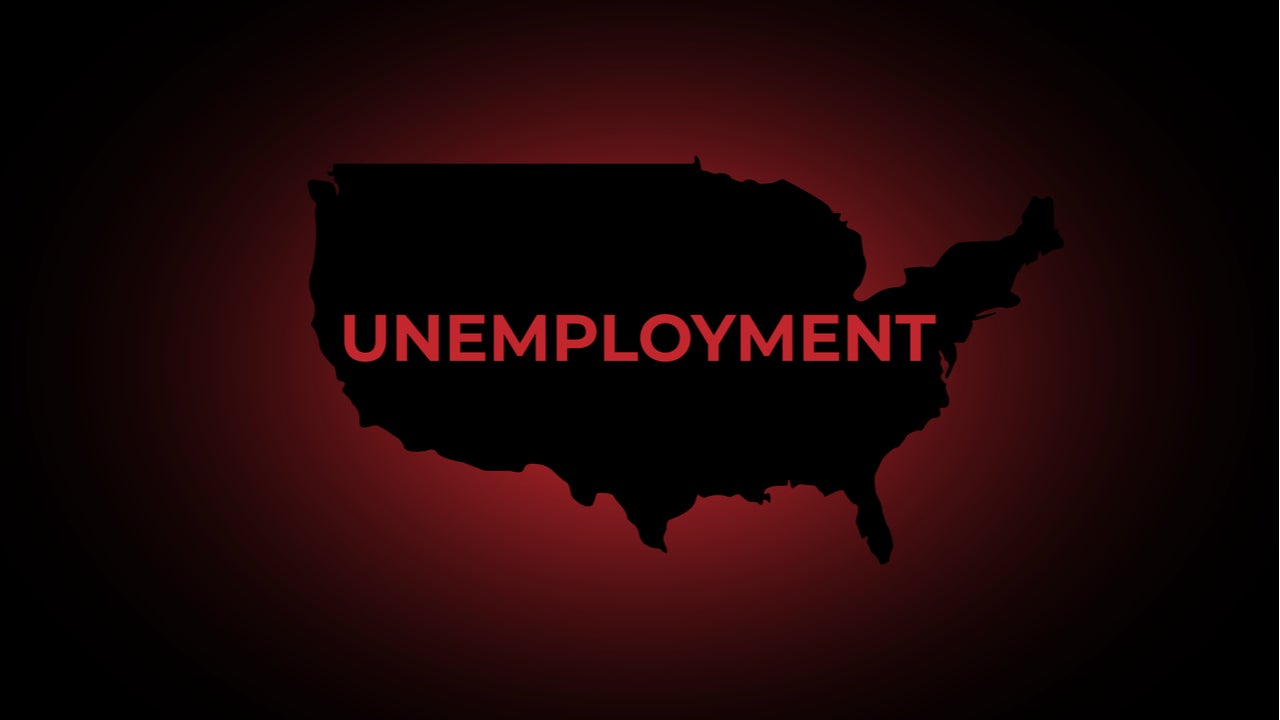Economists warn that the jobs lost during the Covid-19 crisis may never return after the pandemic ends in the US. This calls for the government to invest massively in career changes and retraining of workers.
Eveline Adomait
Eveline Adomait, an economics professor at the University of Guelph, retweeted an article on the millions of jobs that have been short-changed or wiped out during the coronavirus pandemic will never come back in the US even after the crisis ends. As a result, experts have called for an urgent for the nation to invest massively in retraining of its workers and career changes.
The Covid-19 crisis has caused a permanent shift in how people work and where they work from. Given the relentless effort to curb the virus spread, businesses are now considering making working from home possible for everyone, reducing travelling time to workplaces, or even replacing workers with robots.
These modifications imply that many of the workers will not be doing the same job they were employed to do before the pandemic, despite full-swing vaccination programmes and campaigns in the country.
"Millions of jobs that have been shortchanged or wiped out entirely by the coronavirus pandemic are unlikely to come back, economists warn, setting up a massive need for career changes and retraining in US."
The challenge for 🇨🇦 may be even bigger. https://t.co/tNkboHfm0a
 GlobalData Strategic Intelligence
GlobalData Strategic IntelligenceUS Tariffs are shifting - will you react or anticipate?
Don’t let policy changes catch you off guard. Stay proactive with real-time data and expert analysis.
By GlobalData— Mikal Skuterud (@mikalskuterud) February 17, 2021
Fabio Ghironi
Fabio Ghironi, an economist, retweeted an article on the macroeconomics of age-specific containment measures for Covid-19. Much of the world data has revealed that the elderly face a higher risk of dying from the coronavirus disease. Experts believe that policymakers can limit Covid mortalities at a lower economic cost using age-specific containment measures that focus on reduced social interactions between the old and the young.
Economists are working on a combination of economic and epidemiological models that assesses the potential risk factors and payoffs of considering different strategies to tackle the pandemic. A susceptible-infected-removed-age macro model compares optimal economic shutdown and social distancing policies.
The model found that for a given economic shutdown, uniform social distancing measures were less effective compared to age-specific measures. For example, data revealed reduced Covid deaths when social distancing was strictly imposed on retirees and only mildly imposed on young people. In addition, a more extreme measure to enhance social distancing between the young and the retirees caused fewer deaths among the elderly.
It was also realised that the cumulative gross domestic production (GDP) contraction was significantly less severe with efforts to reduce contact between retirees and the rest of the population. The basic takeaway from the model and its result was that the retirees face a higher mortality risk and contribute less towards economic activity. Meanwhile, the additional advantage of reduced deaths achieved through economic shutdown is meagre. Social distancing alone could achieve the same reduction in Covid-related death tolls as against an economic shutdown, but with lesser reduction in output.
The macroeconomics of age-specific containment measures for COVID-19 | VOX, CEPR Policy Portal https://t.co/RvRGysiEtr cc @seresileoni @CarloAmenta1 @amingardi @micheleboldrin
— Carlo Stagnaro 🏴🥃🛋️ (@CarloStagnaro) February 16, 2021
Claudia Sahm
Claudia Sahm, an economist, re-tweeted on US households receiving far less jobless benefits compared to the nearly half of the households having lost their income in 2020. This means that the unemployment benefits did not reach all of the families and individuals who had lost their income since the coronavirus outbreak in spring.
Sahm writes that there is a growing debate on who and which households should get the $1,400 and the overall size of the $1.9tn Biden Covid relief package. The Republicans are now arguing to lower the income cut off for a $1,400 check from $75,000 per adult to $50,000 per adult. This means that 71% of the households would get a $1,400 check, down from 84% who got a $600 check, according to Kyle Pomerleau at the American Enterprise Institute.
In her views, approximately 50 million US citizens may be barred from the topped relief of $2,000 promised by the Democrats. She argued that every household should get the additional $1,400 check relief in the next relief package.
https://twitter.com/Claudia_Sahm/status/1362094446565871618




